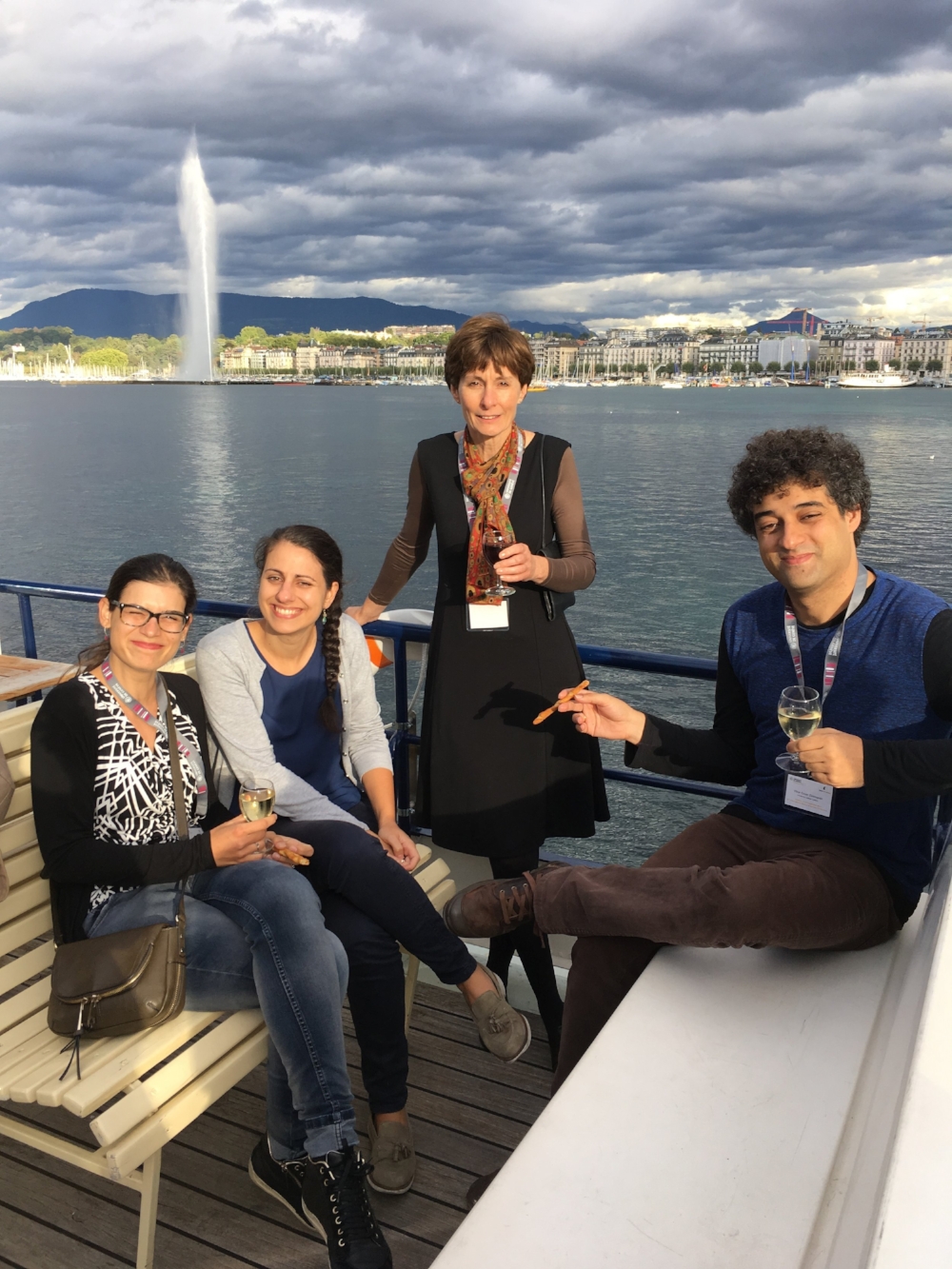As part of the AHRC-funded "Language and Mental Health" project we tested comprehension of factive, non-factive and counterfactive constructions in people with aphasia and schizophrenia. We are publishing the testing materials on this website.
Read moreCongratulations to Tom Shortland!
Last year Tom Shortland submitted his dissertation as part of his MSc in Speech and Language Sciences course. The title was An investigation of the influence of prosodic cueing on the ablity of individuals with aphasia to make grammaticality judgments, and the project was supervised by Rosemary Varley and Vitor Zimmerer. The project is a spinoff of Sabrina Mahmood's PhD work as we started to ask more questions about modality effects in the sentence processing of aphasic and neurotypical individuals.
Tom was an excellent student who conducted his work thoughtfully and thoroughly. He received a great mark and recently was awarded a Robin Tavistock student prize for excellent work in the field of aphasia.
We are planning to turn his dissertation into a manuscript for peer-review. Tom has started his job as a speech and language therapist at a hospital in Norfolk.
- Vitor
#SoA2017
Although Geneva does not have a lovely beach like last year's SoA venue in Venice, our lab enjoyed the gorgeous views during the conference boat trip on lake Geneva.
We presented four current projects on sentence processing in aphasia. It was great to discuss our work with colleagues from around the world. Check out #SoA2017 on twitter to find out more about what happened at the conference - you will come across our very own tweets by @Vit_Zim, @vmeitanis and @claudihei ...
- Vanessa & Claudia
The lab at the British Psychological Society conference
In case you are at the British Psychological Society conference in Newcastle, you may be interested in our symposium on Psychosis and Language on Friday, starting 9.30am. Each talk will present some of the results from our AHRC project on language in schizophrenia and aphasia. The symposium on Friday will focus particularly on language differences between people with schizophrenia with and without formal thought disorder. Here is the programme.
- Vitor
The Mind vs. The Brain: The Infinite Monkey Cage
Research from the lab, reporting residual cognition in severe aphasia, was described by neuroscientist Sophie Scott on BBC Radio 4 programme 'The Infinite Monkey Cage'.
Artificial grammar learning in Williams syndrome and in typical development: The role of rules, familiarity, and prosodic cues. →
Some thoughts on a new paper about processing biases in people with Williams Syndrome on Vitor Zimmerer's website.
Outcome of the walking challenge
A bit fit (5th in the Faculty competition) outpaced the Walking on sunshine team (10th). The more senior A bit fit team were "marginally ahead" of the doctoral student team by a small matter of 300,000 steps.
Faculty of Brain Sciences Walking Challenge 2017
Members of the lab are taking part in the Faculty Walking Challenge. There is a heated inter-lab competition going on ...
Read moreOur lab at the Science of Aphasia conference in Geneva, September 11th-14th.
We are going to present four projects at this year's SoA conference at the Université de Genève on September 11th-14th. Last year we got to know the conference as a friendly forum for idea exchange, and one very supportive of doctoral students.
Alas, no beach right next to the venue as was the case last year in Lido de Venezia. Evenings at the lake will have to suffice.
Here our abstracts (follow links for full text):
Read moreThe language of Ronald Reagan and Iris Murdoch.
We welcome Bridget Yuen Yu to our lab. Bridget will use a new method of language analysis to analyse the language of US president Ronald Reagan and novelist Iris Murdoch, who both had been diagnosed with Alzheimer's disease.


